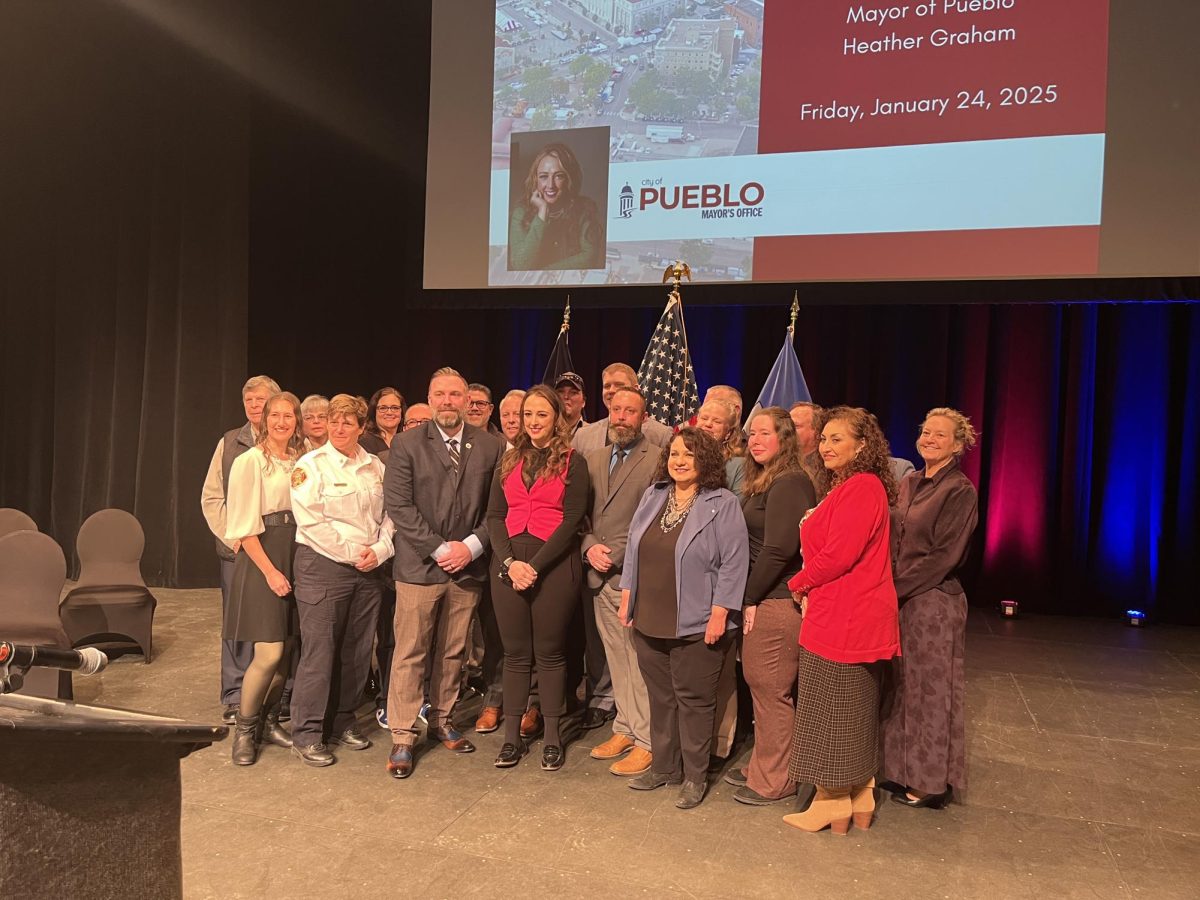By Madison Lira
Colorado’s governor Jared Polis signed into law on April 14 that a healthcare professional who performs a medication abortion reversal on a patient would be subject to discipline unless medical licensing boards deem it an acceptable standard of practice. The professionals could potentially lose their licenses if charged. Additionally, two bills were signed that further showcase Colo. as a refuge state for trans individuals and those seeking abortions, enshrining almost unfettered abortion access and shielding those who receive, provide, or assist those seeking gender-affirming care within the state.
However, the ban against medication abortion reversals has proven to be the most controversial. So much so that Bella Health and Wellness, a Catholic-based medical clinic that actively provides these medical abortion reversals, filed a lawsuit soon after Governor Polis signed the bill. The group, in their lawsuit, argues that this new legislation targets their first amendment rights of free speech and equal protection rights, citing that it violates their and other clinics’ religious rights. The group sought out their lawyers from the Becket Fund for Religious Freedom, a D.C.-based nonprofit law firm.
Following the lawsuit, a Trump-appointed federal judge exempted the group from the law until April 28. The exemption was only granted to Bella Health and Wellness’s three locations (Englewood, Denver, and Lafayette). U.S. District Court Judge Daniel Domenico lifted the order after Colo. promised not to start enforcing the bill until Sept. or Oct., when the state’s three medical boards weigh in on if the abortion pill reversal is an acceptable standard of practice.
“This decision is based on the defendants’ having made it clear to the Court that the plaintiff’s current and planned activities do not subject them to the threat of enforcement in the imminent future,” Domenico wrote, according to The Colorado Sun.
But what is the medication abortion reversal that these clinics are fighting to keep within their practices? When a pregnant person uses medications to end the pregnancy, the patient will use mifepristone (first) and misoprostol (second) as a safe and effective way to have an abortion. Those medications stop the pregnancy by blocking the hormone progesterone and forcing the uterus to contract to complete the abortion. However, these clinics above claim that if the hormone progesterone is given in enough doses, the hormone can thicken the uterine lining enough to “reverse” the effects of mifepristone.
The American College of Obstetricians and Gynecologists (ACOG) stated that these so-called abortion “reversal” procedures are unproven and unethical by their standards.
“A 2012 case series reported on six women who took mifepristone and were then administered varying progesterone doses. Four continued their pregnancies. This is not scientific evidence that progesterone resulted in the continuation of those pregnancies.” (ACOG).
Many of these clinics use this study to show that the “reversal” works were not supervised by an Institutional Review Board or an ethical review committee required to protect human research subjects. Due to this, critics argue that the clinic’s marketing methods, stating that they provide abortion “reversals,” intentionally deceive patients into not terminating their pregnancies.
Colorado is the first across the nation to try to ban the abortion pill reversal method, and as of now, until later this year, the state will not be enforcing the law. The lawsuit will still be litigated, and it could take months or even years until it’s resolved.
















